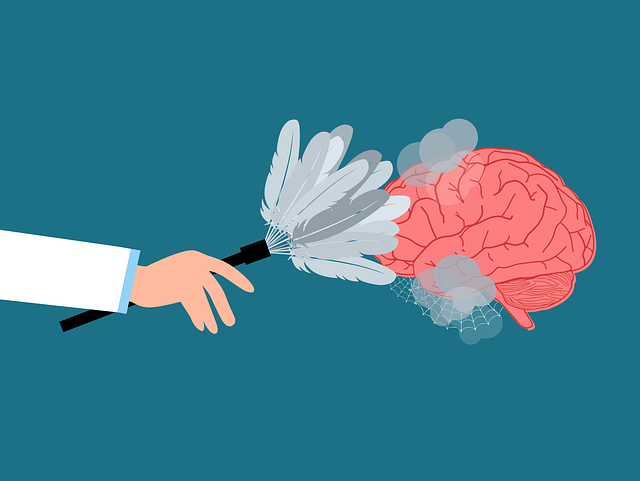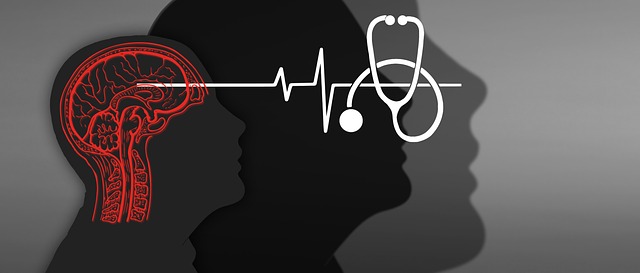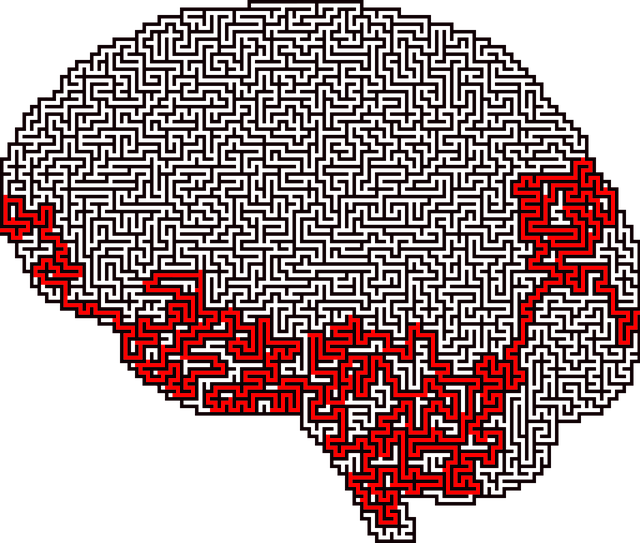Colorado Springs faces unique challenges in mental health diagnosis due to its diverse population, cultural landscape, and communication issues among couples seeking therapy. High stress levels and potential burnout among residents exacerbate these problems. To address these hurdles, enhanced training for therapists on communication skills and integration of confidence-boosting strategies are crucial. Cultural sensitivity tailored to varied symptom presentations and societal norms is essential for accurate diagnoses. Community initiatives like public awareness campaigns promote open conversations about mental health, fostering coping skills development and resilience building. Advances in diagnostic tools and trauma support services, coupled with burnout prevention for healthcare providers, offer a more nuanced approach to treating communication issues in Colorado Springs Couples Therapy settings.
In Colorado Springs, mental health diagnosis accuracy faces unique challenges, influenced by cultural factors and community perceptions. This article delves into these complexities, exploring how advances in diagnostic tools and techniques can improve precision. We focus on innovative methods like AI and digital screening, while emphasizing the crucial role of enhanced communication in therapy, particularly between couples dealing with mental health issues. Community education initiatives are also highlighted as powerful early intervention strategies to destigmatize mental health discussions within families and communities.
- Understanding Mental Health Diagnosis Challenges in Colorado Springs
- – Exploring the prevalence and unique factors affecting diagnosis accuracy locally.
- – Discussing cultural and community influences on mental health perception.
- Advances in Diagnostic Tools and Techniques
Understanding Mental Health Diagnosis Challenges in Colorado Springs

Mental health diagnosis challenges are particularly evident in Colorado Springs, a city with a diverse population and limited access to specialized mental health services. The unique landscape and tapestry of this community present specific barriers to accurate diagnoses and effective treatment. One significant issue is the prevalence of communication issues among couples seeking therapy. Many individuals struggle to articulate their feelings accurately, often due to past experiences or cultural barriers, making it difficult for therapists to gain a comprehensive understanding of their mental health struggles.
This challenge is further exacerbated by high levels of stress and potential burnout prevention concerns among residents. The fast-paced and bustling nature of Colorado Springs can lead to heightened anxiety and depression, impacting mood management. As such, there is an urgent need for improved diagnosis accuracy in this region, which could be addressed through enhanced communication skills training for therapists and the integration of confidence-boosting strategies into therapy sessions.
– Exploring the prevalence and unique factors affecting diagnosis accuracy locally.

In Colorado Springs, as in many communities across the nation, mental illness diagnosis accuracy faces unique challenges. Local factors such as cultural diversity and socio-economic disparities significantly impact the effectiveness of diagnostic processes. For instance, cultural sensitivity in mental healthcare practice is paramount, given that diverse populations may present with symptoms differently due to varying societal norms and experiences. This requires therapists to tailor their approach, ensuring accurate assessments that consider the unique cultural context of each client.
Additionally, addressing communication issues within couples therapy has emerged as a critical aspect of improving diagnosis accuracy. Effective communication fosters openness and trust, enabling partners to articulate their experiences and concerns more clearly. Incorporating self-care routine development for better mental health and trauma support services further enhances the therapeutic process. By integrating these strategies, Colorado Springs can strive towards more precise mental illness diagnoses, ultimately leading to improved treatment outcomes.
– Discussing cultural and community influences on mental health perception.

Mental health is deeply influenced by cultural and community factors, which can significantly impact how individuals perceive and express their emotional well-being. In diverse communities like Colorado Springs, understanding these nuances is essential for accurate diagnosis and effective treatment. Cultural beliefs and practices shape the way mental distress is interpreted, with some conditions being more openly discussed while others remain stigmatized. For instance, couples in therapy might present different perspectives on their struggles due to cultural backgrounds that promote certain communication styles or suppress others.
Community-based initiatives, such as public awareness campaigns, play a vital role in challenging stereotypes and promoting understanding. By fostering open conversations about mental health, these efforts contribute to the Coping Skills Development and Resilience Building necessary for accurate diagnosis. Recognizing and incorporating cultural sensitivity in therapy sessions can bridge gaps in communication, ensuring that treatment plans are tailored to individual needs and community contexts, ultimately improving diagnostic accuracy.
Advances in Diagnostic Tools and Techniques

Advances in diagnostic tools and techniques are revolutionizing mental health care, including Colorado Springs couples communication issues therapy. Modern approaches such as sophisticated psychological assessments and advanced neuroimaging technologies offer more precise identification of mental illness. These innovations enable therapists to tailor their treatments to individual needs, significantly enhancing the effectiveness of interventions. For instance, Burnout Prevention Strategies for Healthcare Providers emphasize the importance of self-care and resilience, ensuring that practitioners can better support their clients without succumbing to occupational stress.
Incorporating Trauma Support Services has also become a cornerstone of contemporary therapy practices. By addressing underlying trauma, therapists facilitate profound changes in clients’ lives. Mind Over Matter Principles guide these sessions, empowering individuals to manage their mental health proactively. These progressions collectively contribute to a more nuanced and impactful approach to mental illness diagnosis and treatment, available even in specialized Colorado Springs couples communication issues therapy settings.
In Colorado Springs, efforts to improve mental illness diagnosis accuracy are essential given the region’s unique challenges, including cultural influences on mental health perception and communication issues within couples. Advances in diagnostic tools and techniques, coupled with ongoing community engagement, offer hope for enhancing care accessibility and quality. By leveraging these advancements, residents of Colorado Springs can access more accurate and timely mental health support, paving the way for effective therapy and improved well-being.














